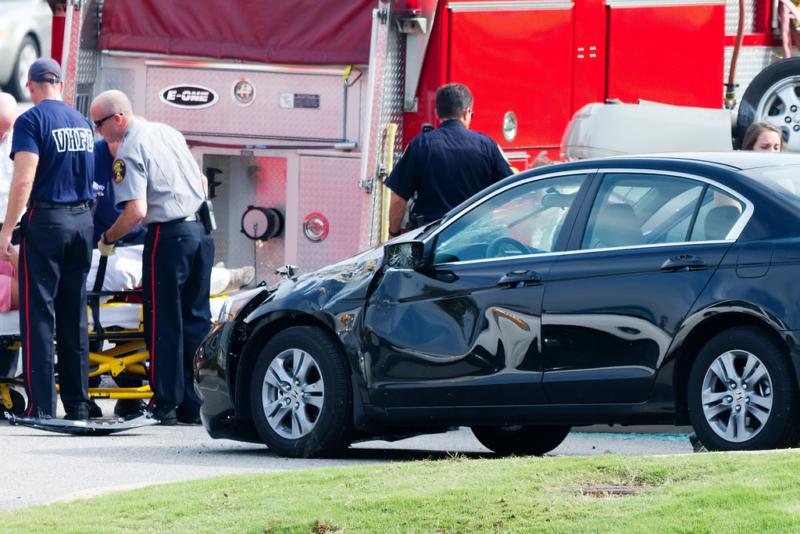Being involved in a car accident can be a scary and traumatic experience. It can also be a confusing process if you are not knowledgeable about what is to come. Following a car accident several issues arise such as: who caused the accident, who will be responsible for paying for medical treatment if someone is injured, and who will reimburse the injured party for lost wages if they are unable to work. The driver that is responsible for the accident is responsible for any resulting medical treatment and lost wages the injured party incurs. If you are injured during an auto accident your first steps following the accident can directly affect your personal injury claim.
Do Not Admit Fault: Following a car accident do not admit fault. If the police ask for a statement give an honest account of the events leading up to the accident, but do not admit fault to the police or other drivers. These statements may be used against you at a later date and jeopardize your personal injury claim. Allow the police and insurance companies to determine fault.
Medical Treatment: Seek medical treatment immediately following an auto accident even though you may think you are not injured or that your injuries are minor. Sometimes injuries resulting from a car accident do not manifest until days after the accident has occurred. Getting immediate medical treatment also helps to strengthen your personal injury claim. If you wait days or weeks before seeking treatment it will be more difficult to prove that the injuries were a result of the auto accident.
Complete your Medical Treatment: Once you have sought medical treatment following an accident, you may be referred to physical therapy or other physicians for additional tests and treatment. Attend all of your doctor’s appointments and physical therapy sessions as directed; not following your proscribed treatment plan could adversely affect your personal injury claim.
Do Not Sign Settlement and Release Forms Prematurely: Do not settle you personal injury claim until you have completed all of your medical treatment. Do not sign any checks with releases from liability attached until you are ready to completely settle your claim. You will not know the total cost of your injuries until treatment is completed. If you accept a check and sign a release from liability before your treatment is completed the insurance company will not be responsible for any additional treatment.
Settlement Negotiations: If you attempt to handle your own personal injury claim be very mindful that medical bills and any other associated costs must be deducted from your settlement before you receive any portion. In most instances, medical bills can be reduced through negotiation with the medical providers. In addition, if you attempt to settle your own case be very mindful of any statements made to the insurance adjuster; they could work against you when negotiating a settlement.
Contact an Attorney: Always consult with an attorney before initiating an insurance claim to insure that your rights are being protected and that your personal injury claim will be handled properly. Typically, attorneys will represent an injured party from a car accident on a contingent basis, which means that the attorney will provide representation at no charge and deduct his/her fees from the final personal injury settlement. Before selecting an attorney to handle your case, inquire as to what percentage they will deduct from your settlement.

